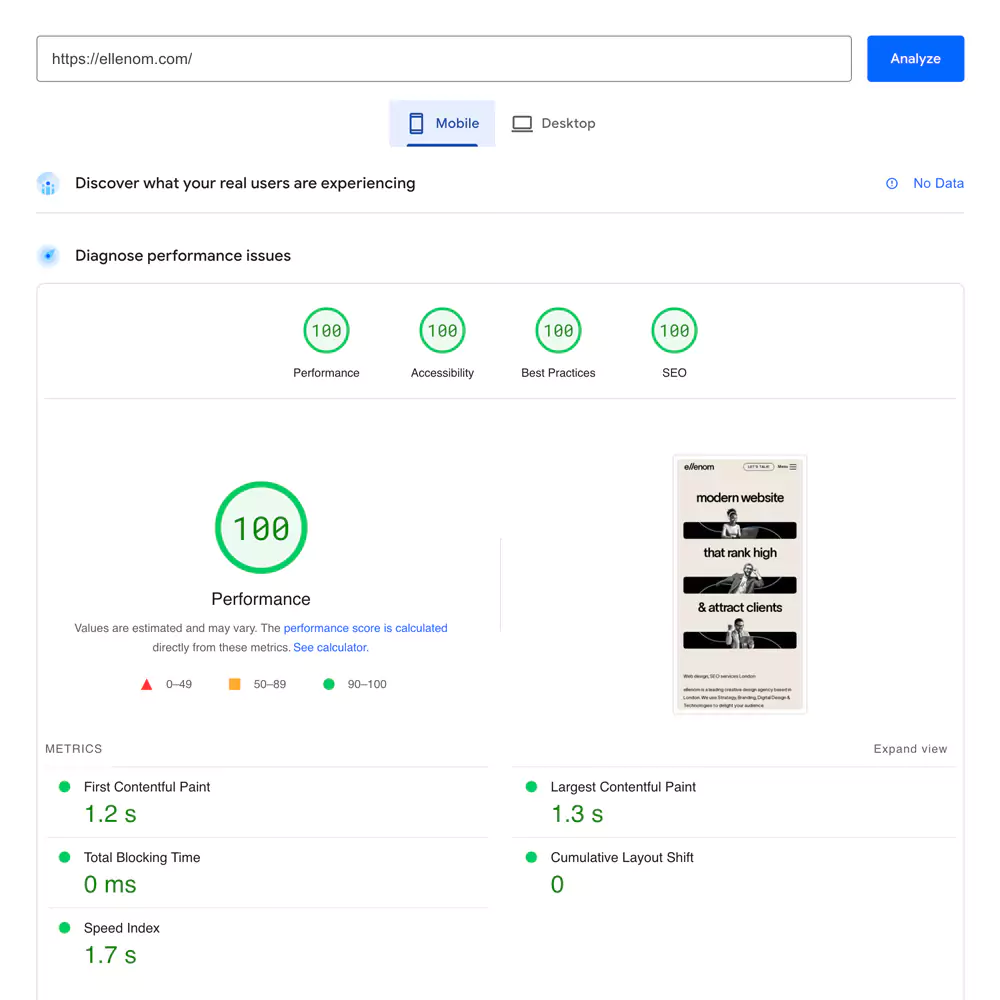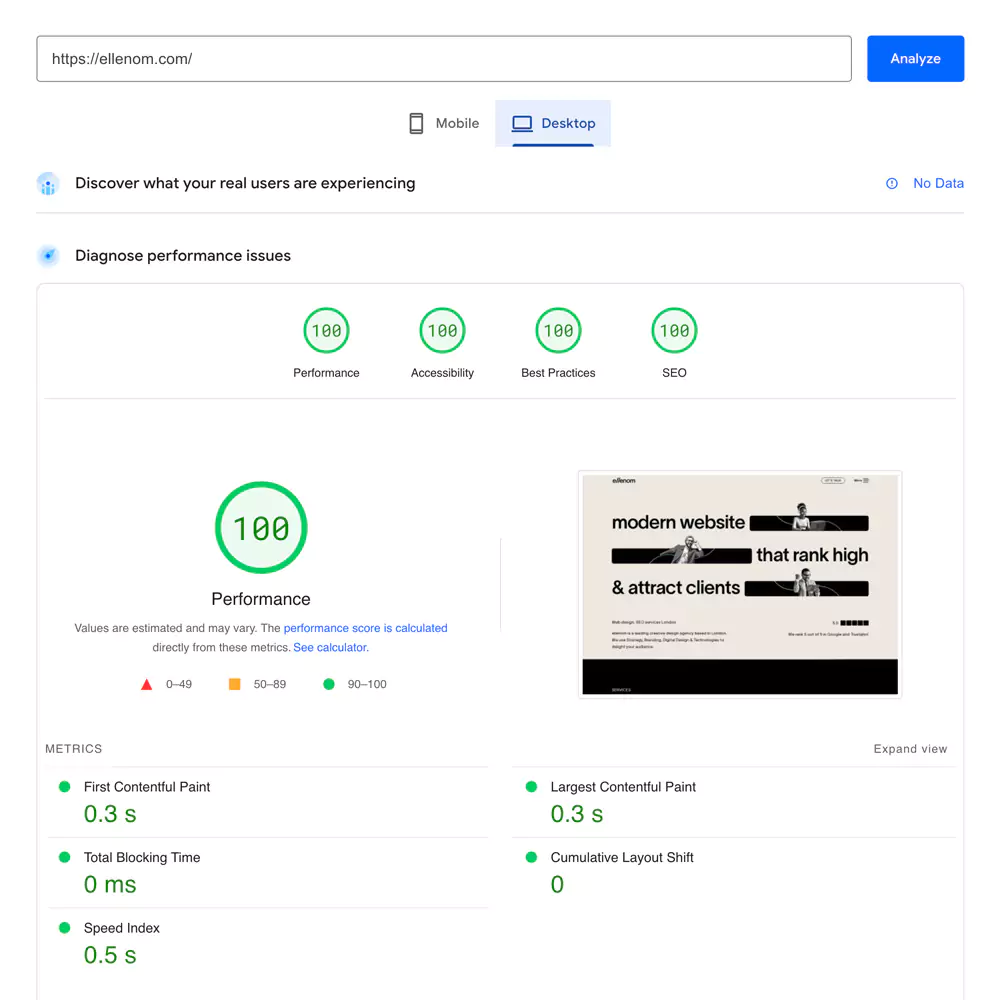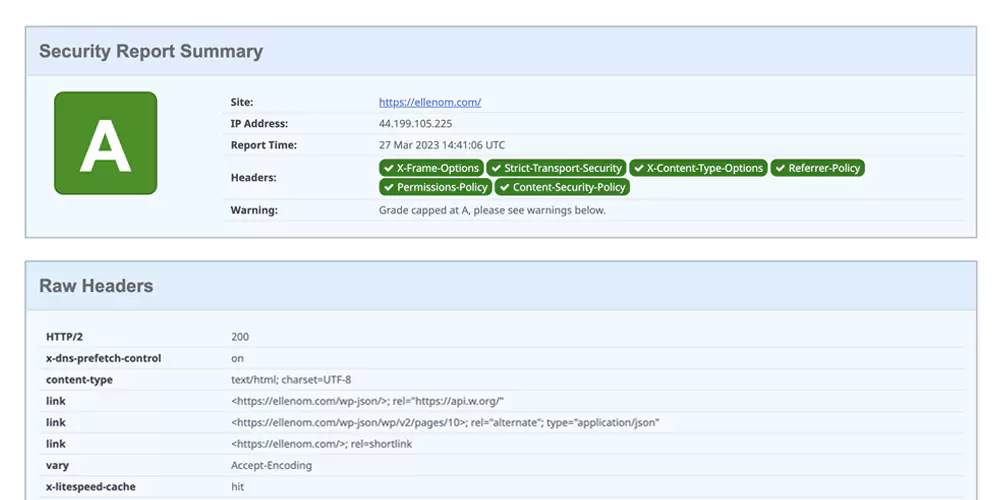There are numerous variables and factors to take into account, such as website performance optimization, if you want to appear highly in Google search results. The visibility and user experience of your website may be impacted by page speed, which is an important ranking element.
What are the top ranking factors for Google?
Google determines the order of search results using a sophisticated algorithm.
Some of the most crucial elements that might impact your ranking are the following:
- Content relevance and quality
- Backlinks and domain authority
- User experience and engagement
- Page speed and mobile optimization
While all of these factors are important, page speed and mobile optimization are increasingly becoming more critical. Google gives a lot of weight to user experience, and slow-loading websites can have a detrimental impact on both user satisfaction and search engine results.
Which Factors affect your page speed?
Several factors can impact your website’s page speed, including:
- Large images and videos
- Unoptimized code and scripts
- Slow server response time
- Heavy website themes and plugins
- Poor hosting service
You must take care of these problems and optimise your website’s code, pictures, and other resources if you want to increase page performance.
To find and address problems that could be slowing down your website, you can also utilise monitoring tools for website performance.
Does page speed really affect ranking?
Yes, page speed does affect your website’s ranking. In 2021, Google announced that it would start using Core Web Vitals as a ranking factor for search results. Core Web Vitals are metrics that measure website speed, interactivity, and visual stability. They include:
- Largest Contentful Paint (LCP): measures loading performance.
- First Input Delay (FID): measures interactivity.
- Cumulative Layout Shift (CLS): measures visual stability.
Websites that have good Core Web Vitals scores are more likely to rank higher in search results. This means that improving your website’s page speed can help you rank higher and attract more traffic.
What is a good page speed for SEO?
According to Google, a good page speed for SEO is three seconds or less. Yet, this might change based on the website’s content and design.
In general, SEO and user experience are improved by a website’s loading speed.
How do I score 100% on Google PageSpeed insights?
While it’s difficult to achieve a perfect score on Google PageSpeed insights, you can improve your website’s performance by addressing the issues identified by the tool. Our experts in ellenom could help you boost up your website. Some tips for optimizing your website’s page speed include:
- Minimizing image and video sizes
- Enabling browser caching
- Minifying HTML, CSS, and JavaScript code
- Reducing the number of HTTP requests
- Optimizing your website’s hosting service
You can enhance the page speed, user experience, and search engine rankings of your website by implementing these suggestions and using website performance tracking tools.
ellenom website scores 100/100
Here is when the real life result speak for itself. you can check our website performance live at: Google PageSpeed Insights


Impact of security headers on SEO
There are several security headers that can impact SEO, including:
- HTTPS: The HTTPS header indicates that a website is using a secure connection. Google has confirmed that HTTPS is a ranking factor, so websites that use HTTPS may have a slight advantage in search engine rankings.
- HSTS: The HTTP Strict Transport Security (HSTS) header tells web browsers to only access a website over a secure connection. HSTS can improve the security of a website and may also have a positive impact on SEO.
- X-Frame-Options: The X-Frame-Options header can prevent clickjacking attacks by blocking the loading of a website inside a frame or iframe. This can improve the security of a website and may also help with SEO by reducing the risk of malicious activity.
- X-XSS-Protection: The X-XSS-Protection header can help protect against cross-site scripting (XSS) attacks by enabling a built-in browser filter. This can improve the security of a website and may also have a positive impact on SEO.
- Content-Security-Policy: The Content-Security-Policy (CSP) header can help prevent various types of attacks, including XSS and clickjacking. CSP allows website owners to specify which resources can be loaded and from where, which can improve the security of a website and may also help with SEO.
Ultimately, security headers are a crucial component of website security and can help with SEO. These headers can help website owners make their sites more secure and trustworthy, which might result in higher search engine results and more visitors.
ellenom website security headers scores A
As described above about the importance of the website’s security header. ellenom website proudly scores top rank A, as could be checked online at: SecurityHeaders.com

Conclusion
Page speed is a critical ranking factor for Google search results and user experience. To rank high on Google, you need to optimize your website’s page speed and mobile experience. Use website performance monitoring tools and follow best practices for optimization to improve your Core Web Vitals scores and attract more traffic to your website


